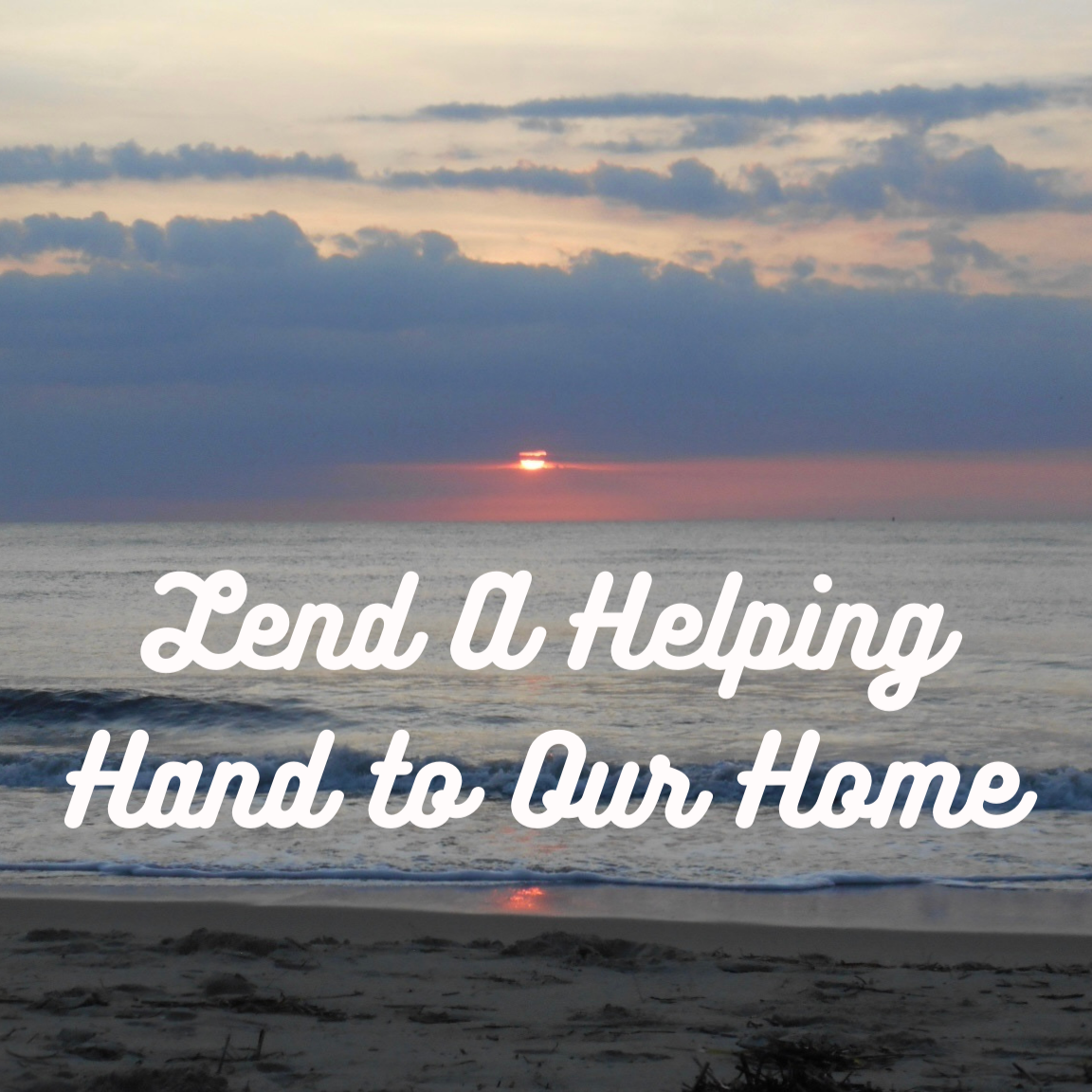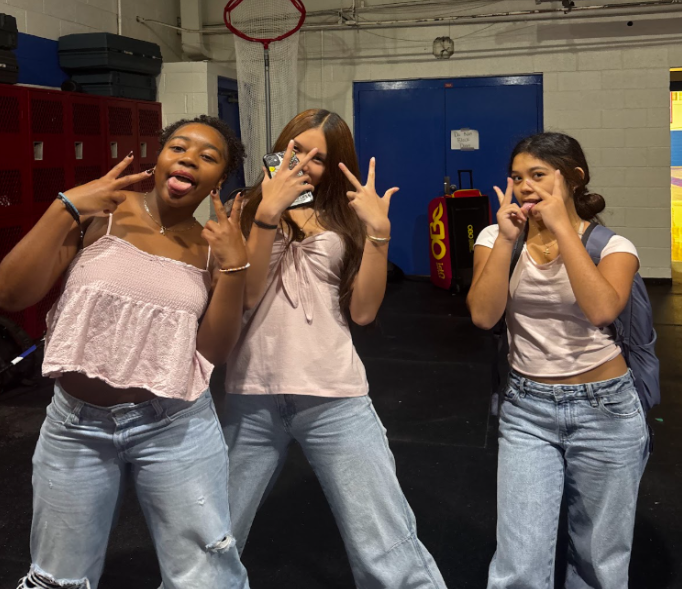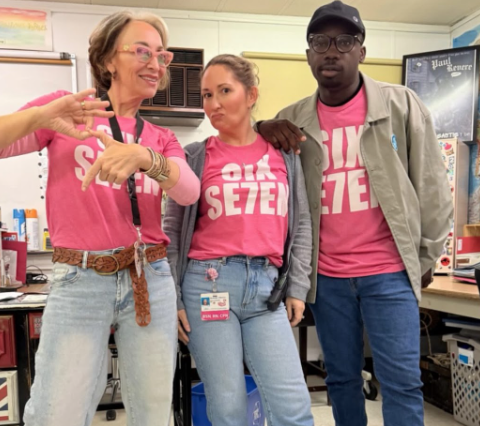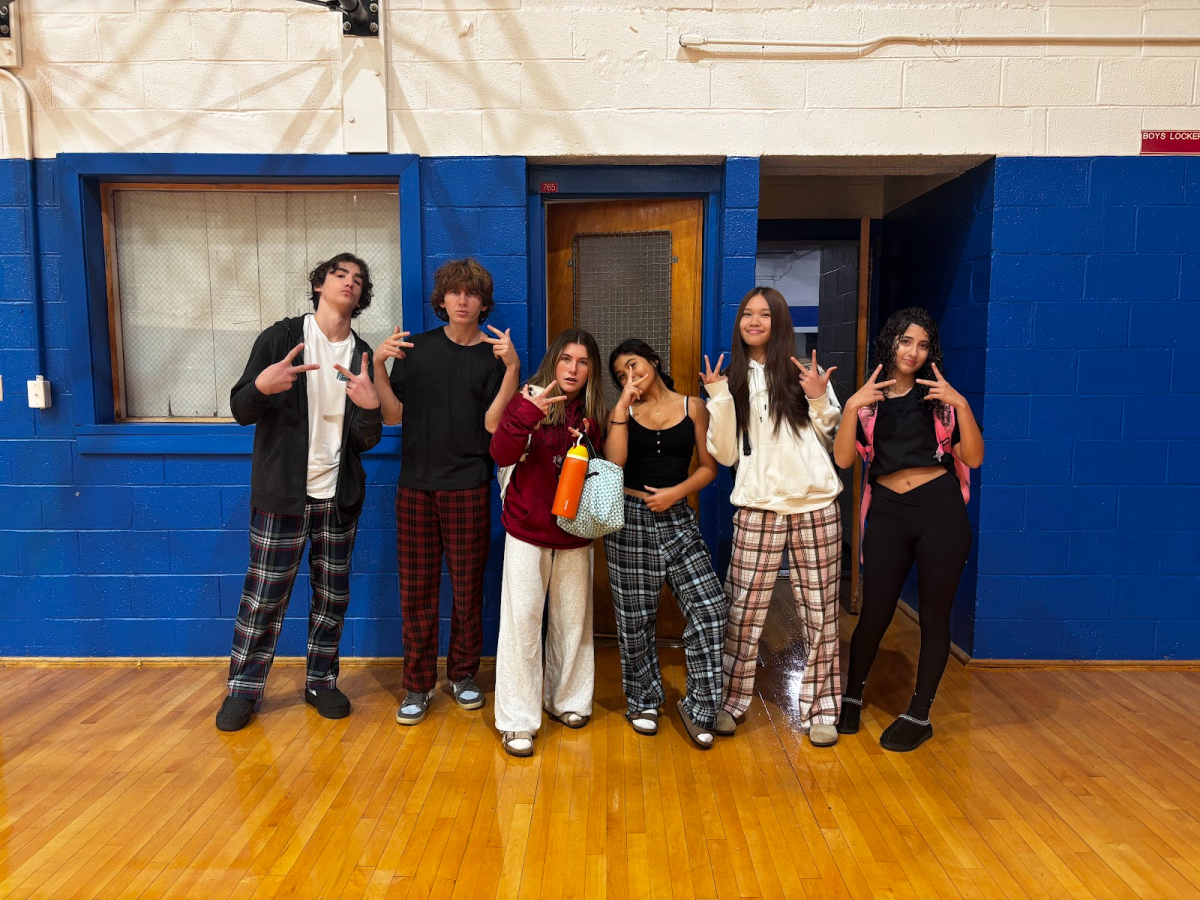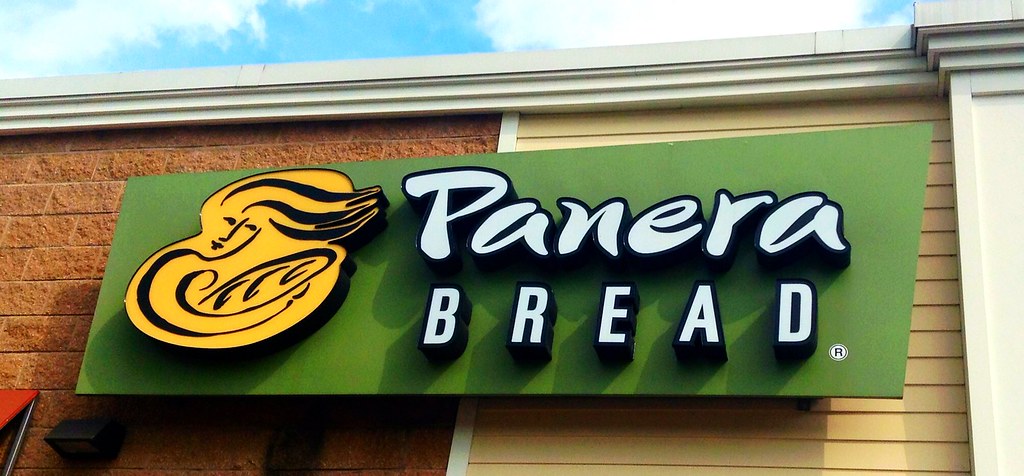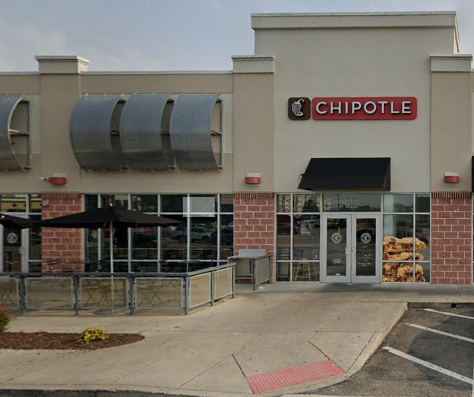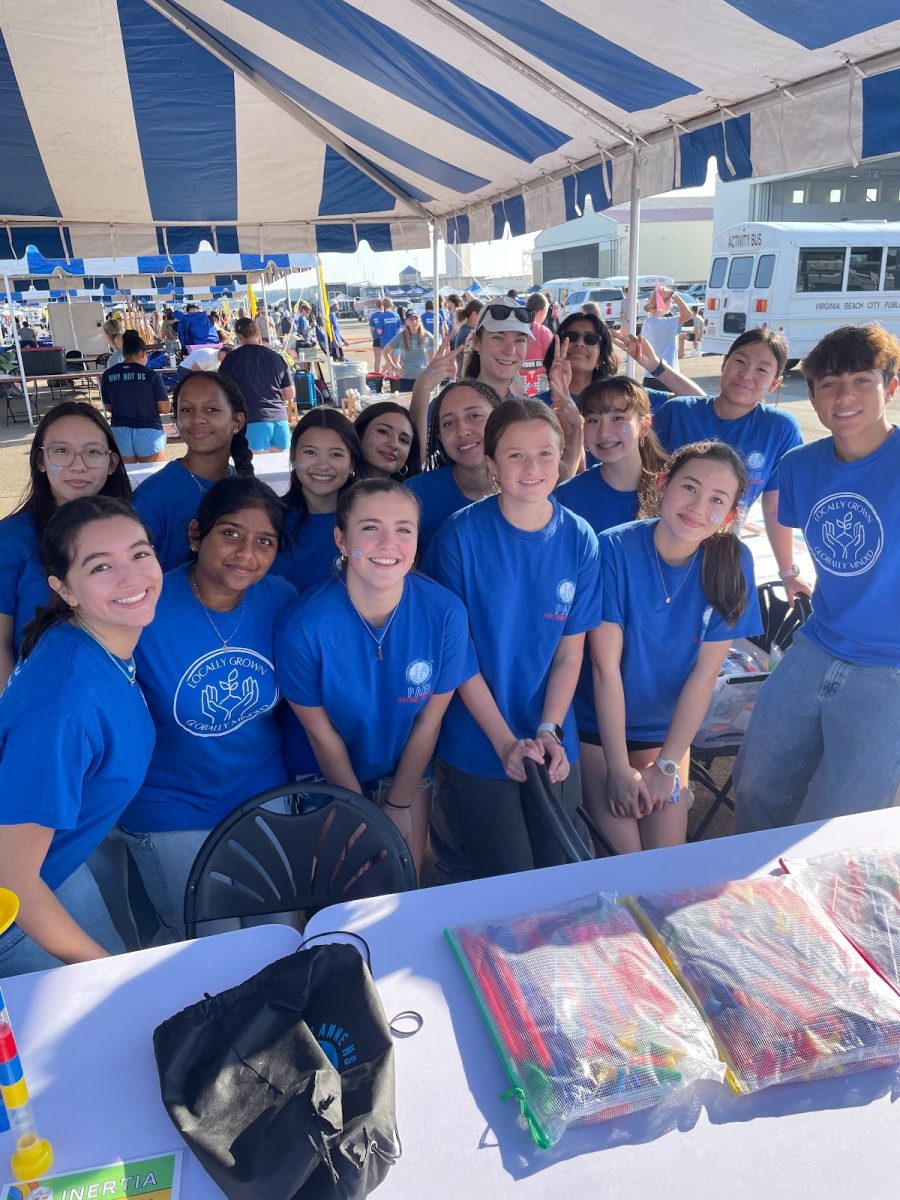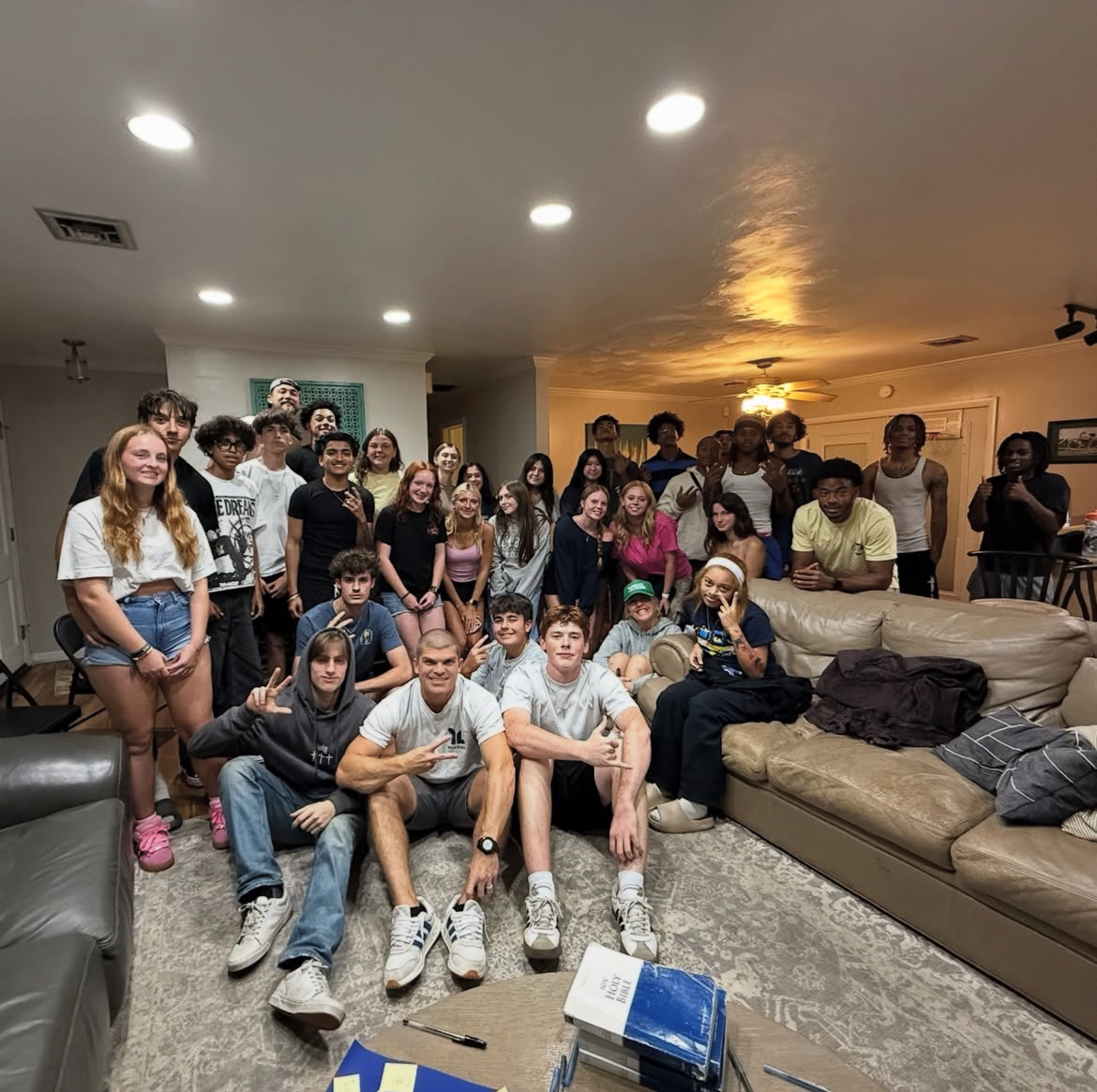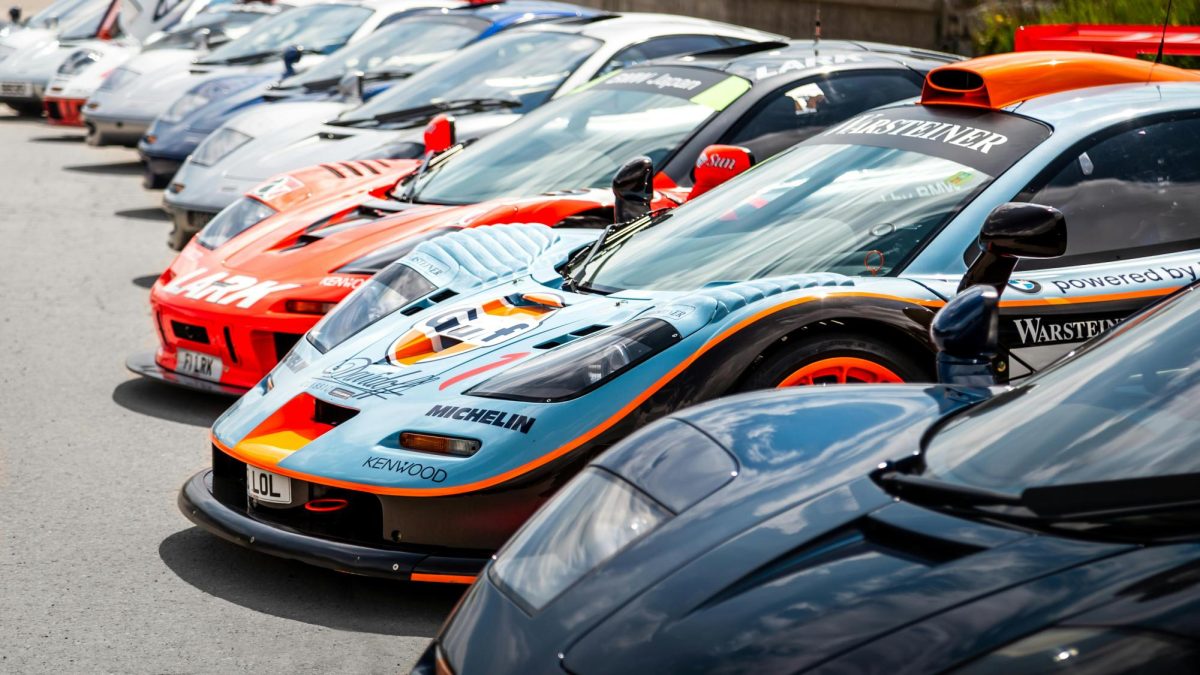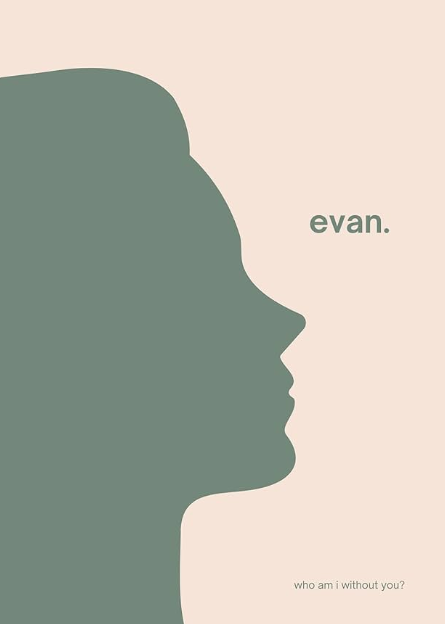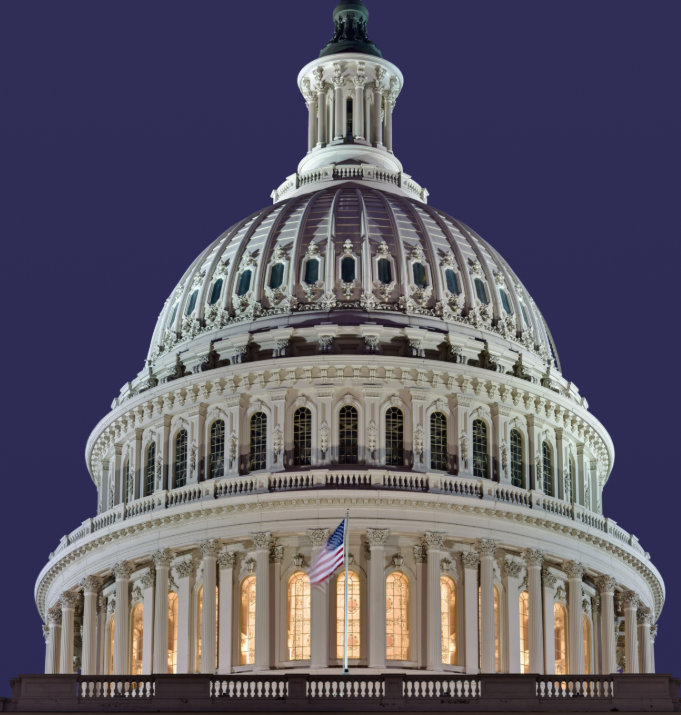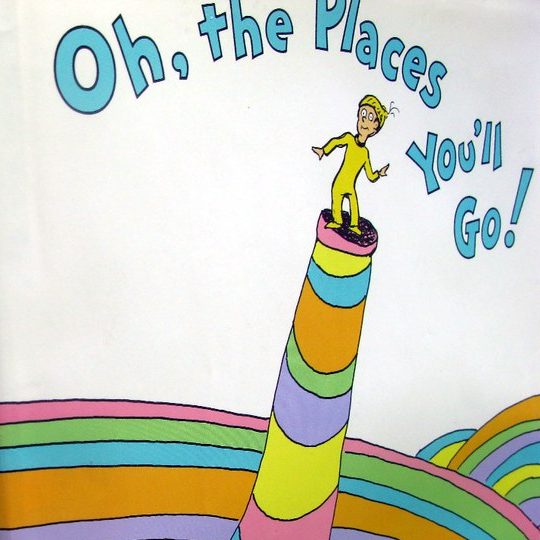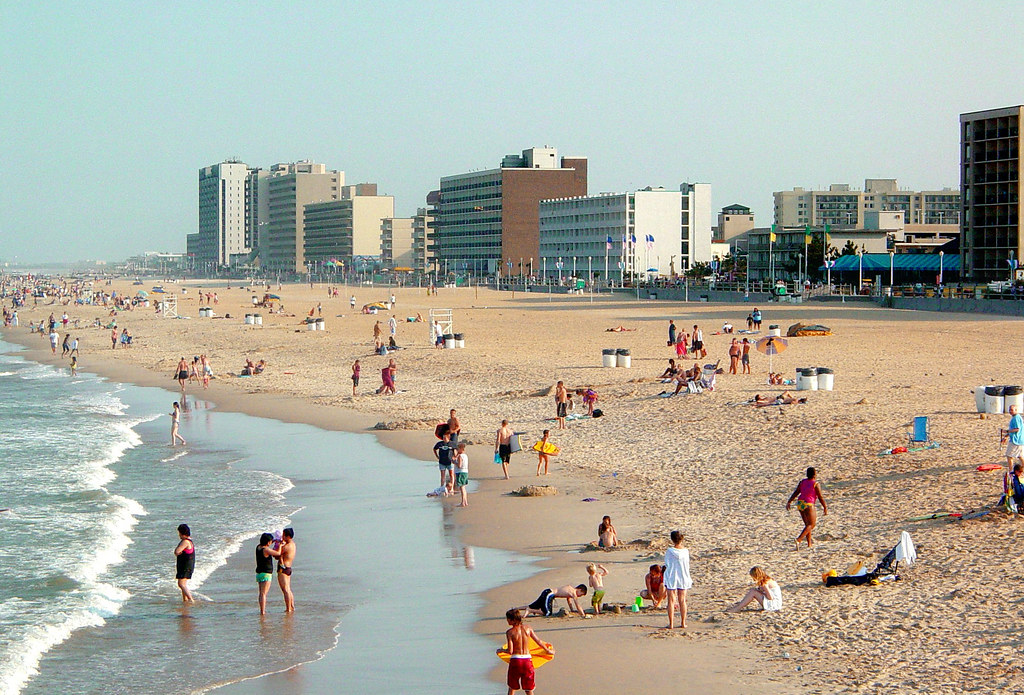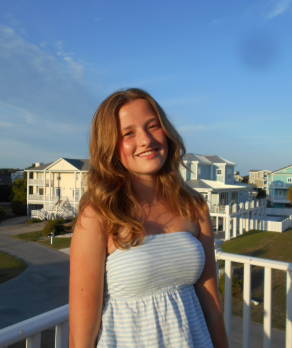Hello, and welcome back to the latest edition of Lending A Helping Hand to Our Home! This month, I will be discussing an environmental issue that many people may not know a lot about: the declining number of bees. This may not seem like a super important thing to discuss, but in reality, it is something that has a huge impact on all of our daily lives, and our local environment.
No matter the type of bee, honeybee, bumblebee, or carpenter bee, they all are important. To understand the impacts of their extinction, we have to first understand why they are so important. According to the UN Environment Program, “Bees are part of the biodiversity on which we all depend for our survival.” More specifically, bees are necessary for things like food production, as they are important pollinators that pollinate a significant portion of food crops. In fact, according to the USDA, “some scientists estimate that one out of every three bites of food we eat exists because of animal pollinators like bees.” So, without bees, our variety of food would be significantly lessened.
The benefits that bees provide us do not stop there, for example their honey and beeswax can be used in medicinal and cosmetic products, according to Medical News Today. In addition, they also have a deep historical importance for many cultures. For example, in ancient Egyptian culture, bees were, according to the Coquitlam Heritage Society, closely associated with the Egyptian royalty, and the honey gathered from bees was used widely in Ancient Egypt.
Because bees are so important, you would think there would be a lot being done in order to protect them. But, despite efforts from conservation groups, as of right now, they are in significant danger of extinction. There are a lot of things currently impacting bees, most of them things humans are responsible for. For example, per the UNEP, “Bee populations have been declining globally over recent decades due to habitat loss, intensive farming practices, changes in weather patterns and the excessive use of agrochemicals such as pesticides.”
While these impacts are global, they are being felt just as strongly locally. And, bees are just as important to Virginia Beach as they are for the rest of the world. According to WTKR, “There are about 80 crops grown in Virginia that require insect pollination.” This means that in order to preserve the balance in our local community, we need to protect our local bees, and there is a lot you can do in your everyday life to help them.
One of the biggest things that you can do to help save the bees in our local community is to stop using chemicals that are harmful to them. Per The Bee Conservancy, “Synthetic pesticides, herbicides, and other agrochemicals can harm bees.” This means that if you spray your lawn, or use weed killers with certain chemicals, you may be harming the bees in your local area. There are several methods that are both better for the environment and the bees that will do the job of killing any pesky weeds or bugs, for example, according to Roots Whole Health, by doing natural weed control through hand weeding.
Another thing that anyone can do, is to plant plants that are bee-friendly. Some plants that are grown for human consumption do not take into account the needs of bees, like bloom patterns and pollen and nectar quality. Focusing on planting native species helps to allow bees that have coevolved to feed on native flowers to find food, per The Bee Conservancy. Native Oaks, Butterfly Weed, and Black Eyed Susans are all, according to Plant Virginia Natives, species that are native to Virginia, and benefit pollinators.
Besides these ways to help, the next best thing to do is to just take action. If you engage with the community, and share the information you have learned, it can only benefit the bees. Getting the word out about how important bees really are, and how you can help them will make a difference in our community, and help us to save the bees.



